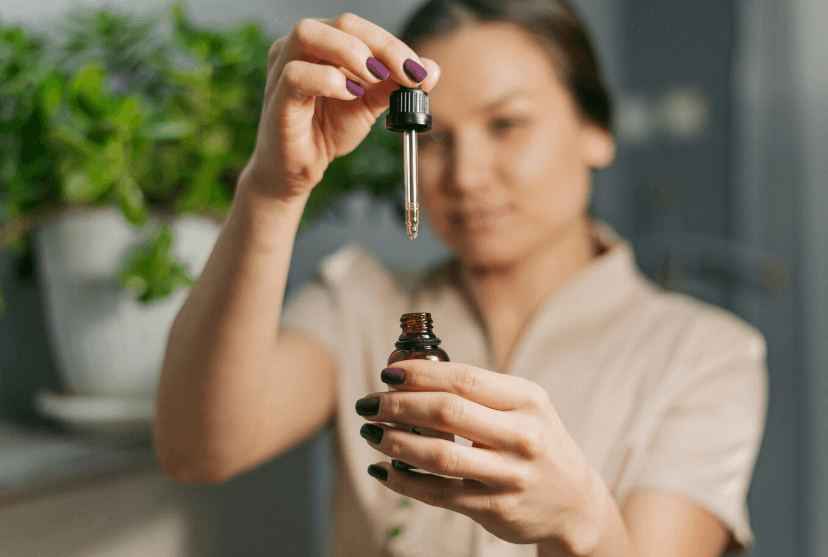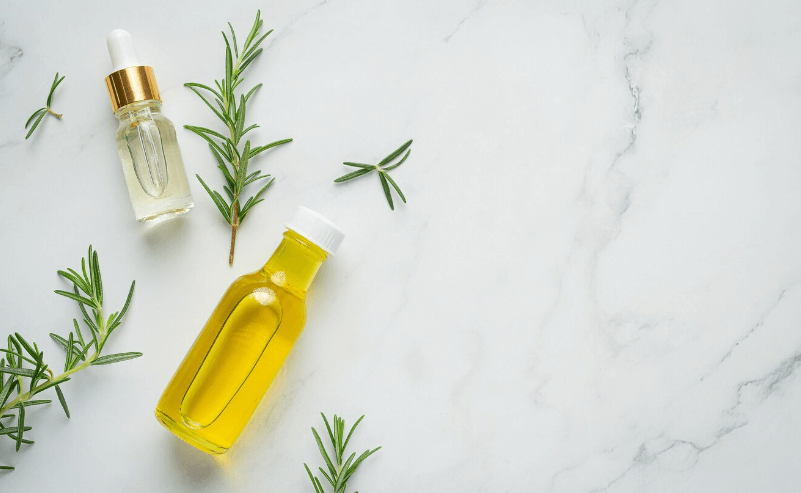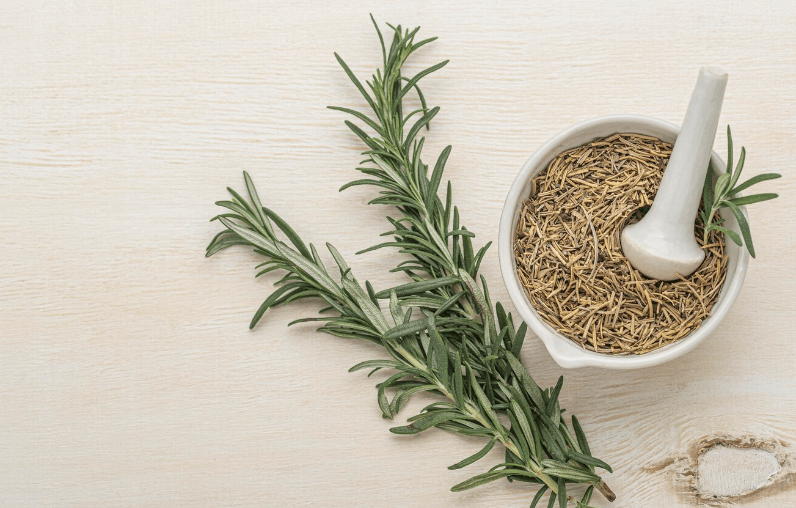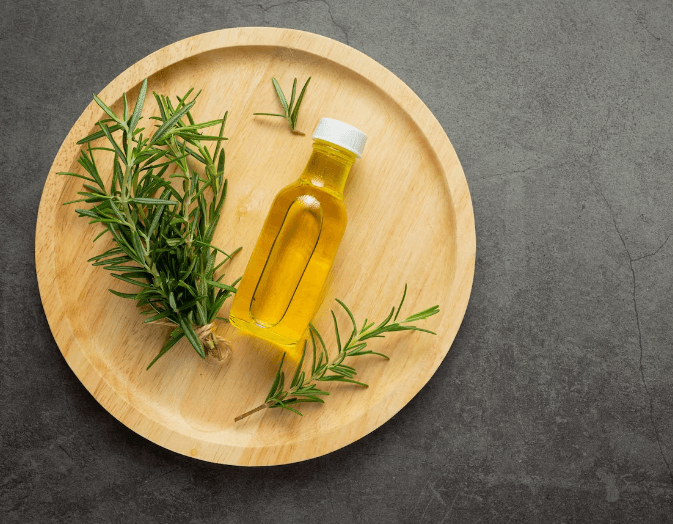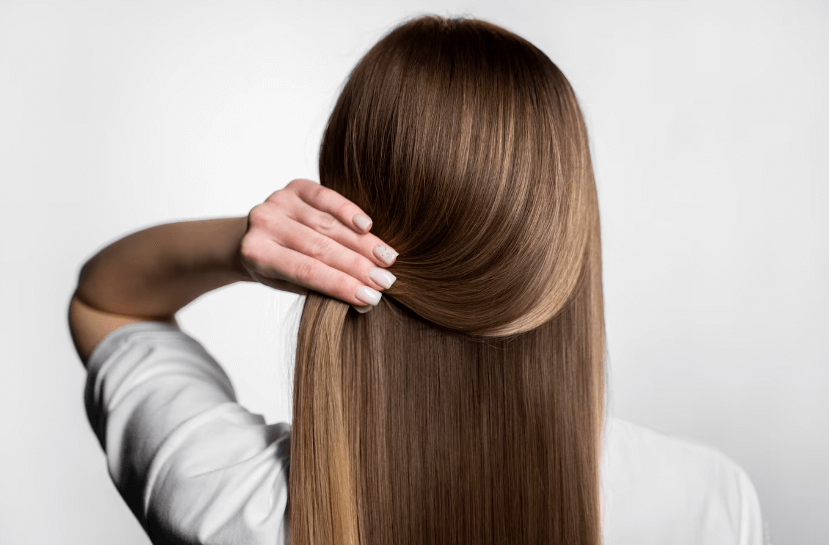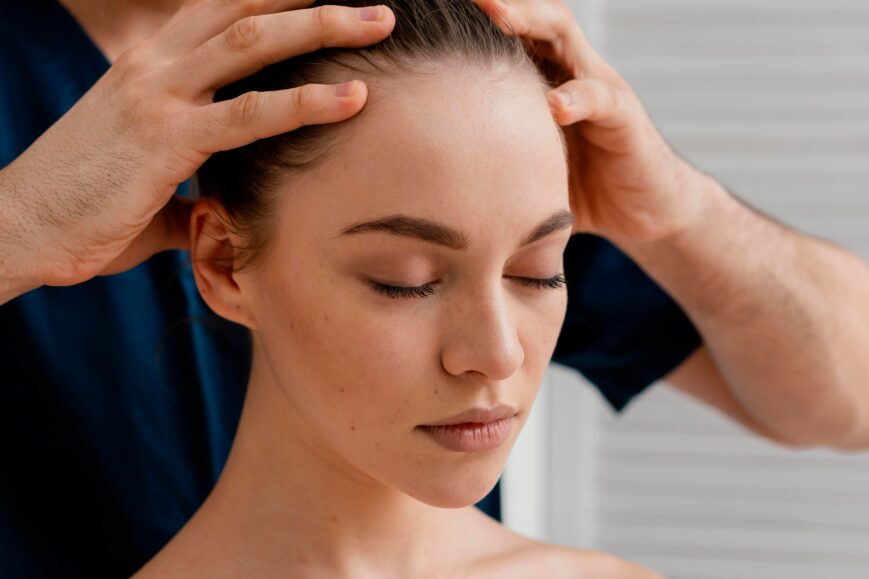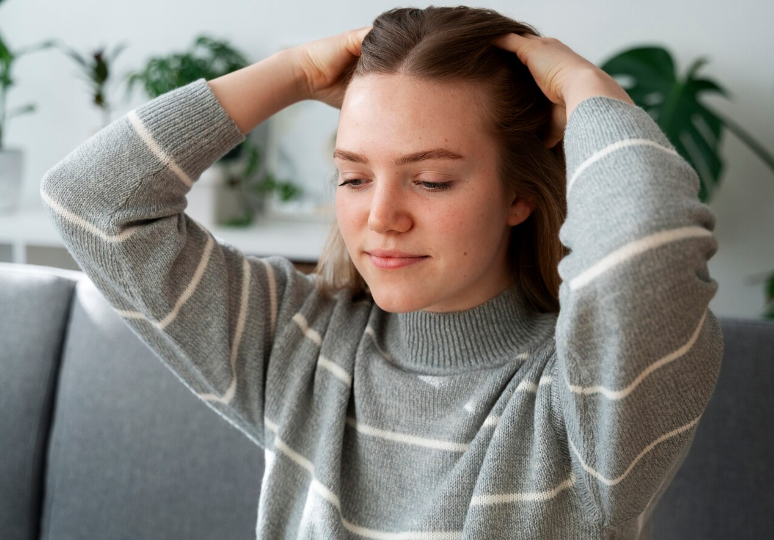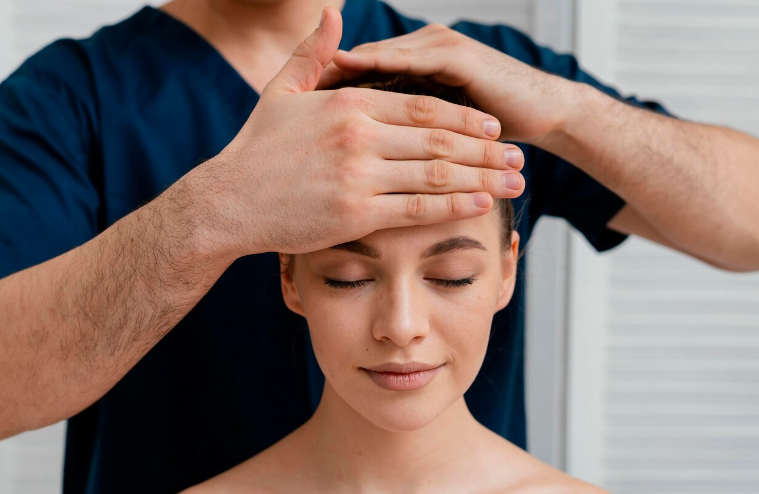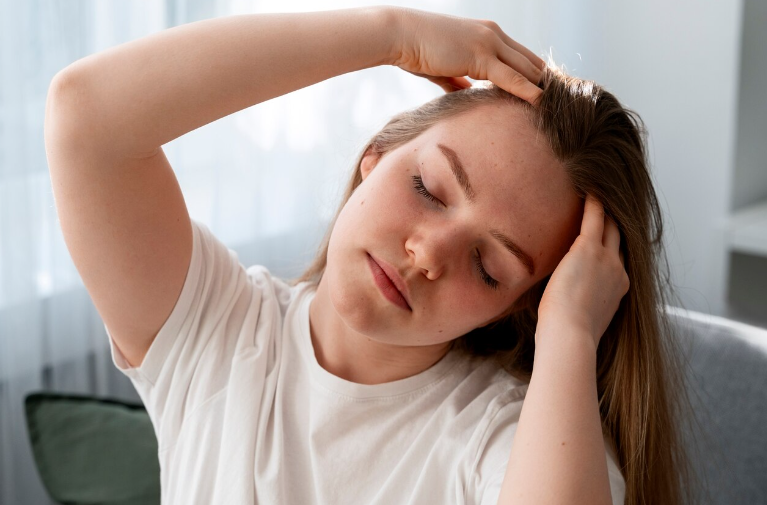Have you been frustrated with handling slow hair regrowth or hair loss issues lately? Since natural hair growth serums are mild products, the active ingredients effectively help you get the volume and richness of hair colour.
When it comes to your hair, it’s important to choose products that not only provide nourishment but also have a reviving effect. Unlike chemicals and artificial products that may damage your hair, our natural-based serums are a safe and effective choice.
Whether you are experiencing hair loss or have hair that wants to grow faster, natural hair growth serums could be the solution. No more dry and damaging hair; welcome stunning, shiny hair that gives people a second look.
What is a Natural Hair Growth Serum?
A natural hair growth serum is a specialised treatment designed to promote hair growth, strengthen hair follicles, and improve overall hair health. It is formulated with natural ingredients, such as Vitamins, Minerals, and plant excerpts, and is known to have beneficial effects on hair.
One critical purpose of natural hair growth serums is to boost blood flow to the scalp, nourishing the hair follicles and stimulating hair growth. These serums also often contain ingredients that help strengthen the hair shaft, reducing breakage and promoting healthier, more resilient hair.
Natural hair growth serums can be oils, lotions, or sprays. Some common natural ingredients in these serums include Castor Oil, Coconut Hair oil, argan oil, and essential oils like rosemary and Peppermint Oil for Hair Growth. Each ingredient offers unique benefits for hair health, making them a popular choice for those looking to improve their hair’s condition.
Benefits of Natural Hair Growth Serum

Natural hair growth serums are gaining popularity for their ability to enhance the health and vitality of hair, particularly for those with black hair. These serums are designed to provide a concentrated dose of nutrients and botanical extracts directly to the scalp and hair follicles. Here are some detailed benefits:
In addition to these benefits, natural hair growth serums are free from harsh chemicals, making them a safer alternative for long-term use. They can also be customized to suit particular needs, allowing for a more personalized hair care regimen. With consistent application, users can expect a noticeable improvement in the texture, thickness, and length of their hair, although results can vary based on individual hair types and conditions. Remember, patience and consistency are essential when using these serums, as natural solutions often take time to show their full effects.
Making a Natural Hair Growth Serum: A Step-by-Step Guide
Here’s a simplified step-by-step guide to creating your natural hair growth serum:
2 tbsp Castor Oil: Nourishes the scalp and promotes hair growth.
2 tbsp Coconut Oil: Moisturizes hair and prevents protein loss.
5 drops Rosemary Essential Oil: Stimulates hair follicles and improves thickness.
Three drops of Peppermint Essential Oil Enhance blood circulation to the scalp.
1/2 tsp Vitamin E Oil: Provides antioxidant properties and supports a healthy scalp.
Prepare the Base:
In a clean bowl, mix the castor oil and coconut oil.
Gently warm the mixed oils using a water bath to enhance their blending and efficacy.
After warming, remove from the water bath and add the rosemary and peppermint essential oils.
Stir in the vitamin E oil, a natural preservative and nutrient.
Communicate the serum into a dark glass dropper bottle to maintain the oils’ integrity.
Carry a few drops and gently massage the scalp, focusing on regions that require growth.
Leave it on for at least 30 minutes or overnight for deep conditioning.
Wash off using a gentle shampoo.
Use the serum 2-3 times a week for best results.
Remember, natural remedies like this serum take time to show results, so patience and regular application are crucial. Enjoy crafting your personalized hair care solution!
How to Use Natural Hair Growth Serum
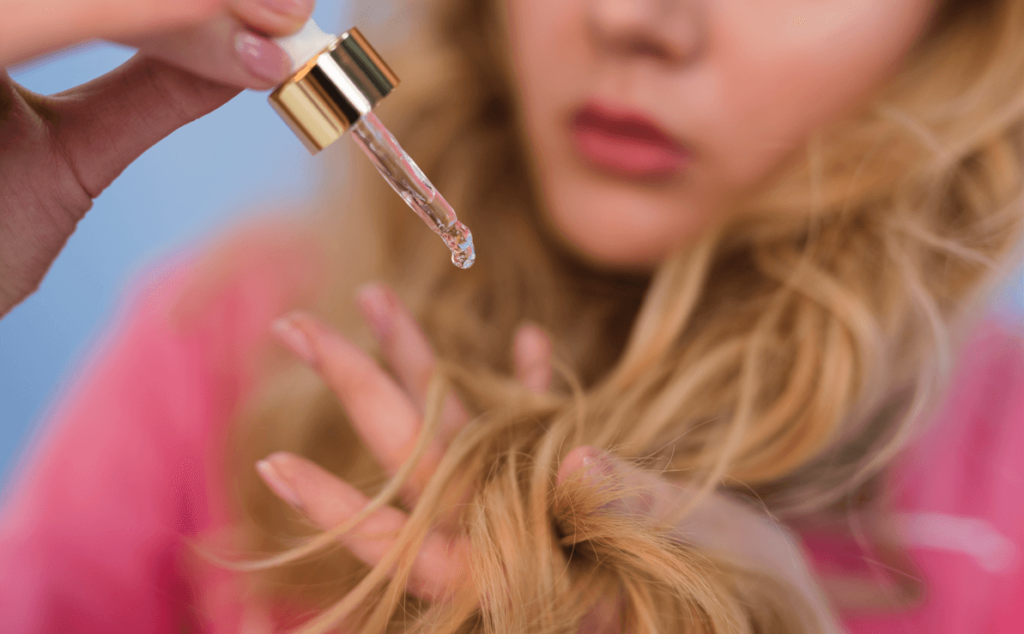
Applying a natural hair growth serum effectively can maximize its benefits. Here’s a step-by-step guide to ensure you’re getting the most out of your serum:
Wash your hair gently with shampoo to remove dirt, oil, or product buildup.
Part your hair into areas to expose the scalp, making it easier to apply the serum evenly.
Using a dropper, dispense a few drops of the serum onto the scalp, especially in areas that need more attention.
Massage the serum into your scalp for 3-5 minutes with your fingertips. This helps with absorption and stimulates blood circulation.
Let the serum sit on your scalp for at least 30 minutes, or overnight if possible, to let the nutrients soak in.
If you’ve left the serum on overnight, rinse it off in the morning with lukewarm water and shampoo as usual.
Pat your hair dry gently and style it as you usually would. To prevent damage, avoid using high heat directly after treatment.
Use a natural hair growth serum with your routine shampoo and conditioner for optimal results.
Regular Application:
For best results, consistently apply the serum 2-3 times weekly.
Remember, regular use and patience are the keys to seeing results. Natural products work gradually, so give your hair the time it needs to respond to the treatment.
The Most Important Thing You Should Know
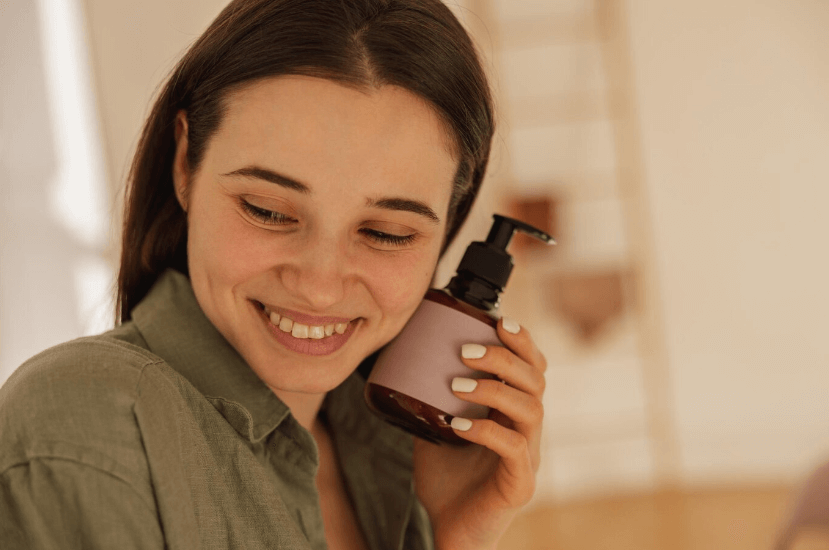
One of the most important things to remember when using natural hair growth serums is to consult a dermatologist or trichologist. These specialists specialize in hair and scalp health and can provide valuable insights into the best products and treatments for your hair concerns.
Consulting with a dermatologist or trichologist can help you use the right products for your hair type and needs. They can also help determine any underlying issues contributing to your hair situation, such as scalp infections or hormonal imbalances.
Understanding your hair type and needs is essential for effectively using natural hair growth serums. Different hair types need other care, so choosing a serum that suits your hair type is required. For example, if you have dry hair, you may benefit from a serum rich in moisturizing ingredients, while those with oily hair may prefer a lighter formula.
By consulting with a professional and understanding your hair type, you can ensure that you are using natural hair growth serums effectively and achieving the best possible results for your hair.
Drink enough water each day to keep your body and scalp moisturized. Hydration is necessary for healthy hair growth.
Natural Hair Growth Serums According to Experts
Experts often recommend natural hair growth serums developed with botanical sections, essential oils, and other natural ingredients known for their hair-strengthening and growth-promoting possessions. Some popular natural ingredients found in these serums include:
- Castor Oil: Known for promoting hair growth and improving hair power.
- Argan Oil is full of vitamins, minerals, and antioxidants that support the health and vitality of hair.
- Rosemary Oil: Stimulates hair follicles and improves circulation, promoting hair growth.
- Peppermint Oil: It cools the scalp and helps improve circulation, promoting hair growth.
Experts also emphasize the importance of choosing a natural hair growth serum free from harsh chemicals, sulfates, and parabens, as these can deprive the hair of its natural oils and guide it to harm further. Additionally, it’s recommended to look for serums specifically formulated for your hair type and concerns, as this can help ensure the best results.
Natural hair growth serums can significantly add to your hair care routine. They nourish, strengthen, and promote healthy hair growth.
A nutritious diet high in vitamins, minerals, and proteins is crucial for stimulating hair growth from within. To support general hair health, include foods like fruits, vegetables, proteins, and healthy fats in your diet.
Potential Side Effects of Natural Hair Growth Serums
Natural hair growth serums are often sought after for their promise of thicker, fuller hair. However, it’s essential to be aware of potential side effects accompanying their use.
Choosing the Right Serum
When selecting a natural hair growth serum, it’s crucial to consider your individual needs and confer with a healthcare specialist, particularly if you have underlying scalp needs or perceptiveness.
By being informed and cautious, you can better navigate natural hair growth serums and mitigate potential side effects while striving for healthier, fuller hair.
Overuse of heat styling can impede hair development and cause damage. Use a heat protectant spray if heat styling is required, and try to avoid using hot tools like curling wands and flat irons too much.
To sum up
Natural hair growth serums offer a promising solution for those seeking to improve their hair’s health and growth safely and effectively. Formulated with botanical extracts, vitamins, and minerals, these serums nourish the scalp, stimulate hair follicles, and promote healthier hair growth. While results may vary from person to person, many users experience positive outcomes with consistent use of natural hair growth serums.
Moreover, these serums’ safety profile makes them a favourable choice for individuals concerned about exposing their hair and scalp to harsh chemicals. Users can mitigate the risk of adverse reactions by opting for natural ingredients while achieving their desired hair growth goals.
Incorporating a natural hair growth serum into your regular hair care routine can complement other products and treatments, providing additional support for optimal hair health. However, following the manufacturer’s instructions and being patient is essential, as visible results may take time.
Overall, natural hair growth serums represent a suitable and potentially helpful option for individuals looking to enhance their hair’s growth and vitality, regardless of gender or hair type. With proper use and consistency, these serums can contribute to healthier, more resilient hair, promoting confidence and satisfaction with one’s appearance.
FAQs for Natural Hair Growth Serums
How do natural hair growth serums work?
Natural hair growth serums typically contain ingredients that promote hair growth, such as vitamins, minerals, and botanical extracts. These ingredients stimulate hair follicles, improve circulation to the scalp, and nourish the hair shaft, leading to healthier and potentially faster hair growth.
Are natural hair growth serums effective?
While individual results may vary, many people find natural hair growth serums effective in promoting growth and improving overall health. To see the best results, use them consistently and as directed.
Are natural hair growth serums safe to use?
Generally, natural hair growth serums are considered safe to use, as they typically contain natural ingredients without harsh chemicals. However, checking the ingredient list for potential allergens and achieving a patch test before extensively using the serum is essential.
How long does it take to see results from using a natural hair growth serum?
Results vary depending on the individual and the specific product used. Some people may start to see hair growth and health progress within a few weeks of consistent use, while others may take longer. For optimal results, it is essential to be patient and continue to use the serum as directed.
Can natural hair growth serums help with hair loss?
Natural hair growth serums can help with hair loss by stimulating hair follicles and promoting healthier hair growth. However, severe hair loss may require additional treatment or medical intervention, so it’s essential to consult with a healthcare professional if you’re sharing notable hair loss.
How should I use a natural hair growth serum?
Follow the teachings the manufacturer provides for the specific product you’re using. Typically, you’ll apply the serum directly to the scalp or affected areas of the hair, massaging it gently to promote absorption. Use the serum consistently as part of your everyday hair care routine for the best results.
